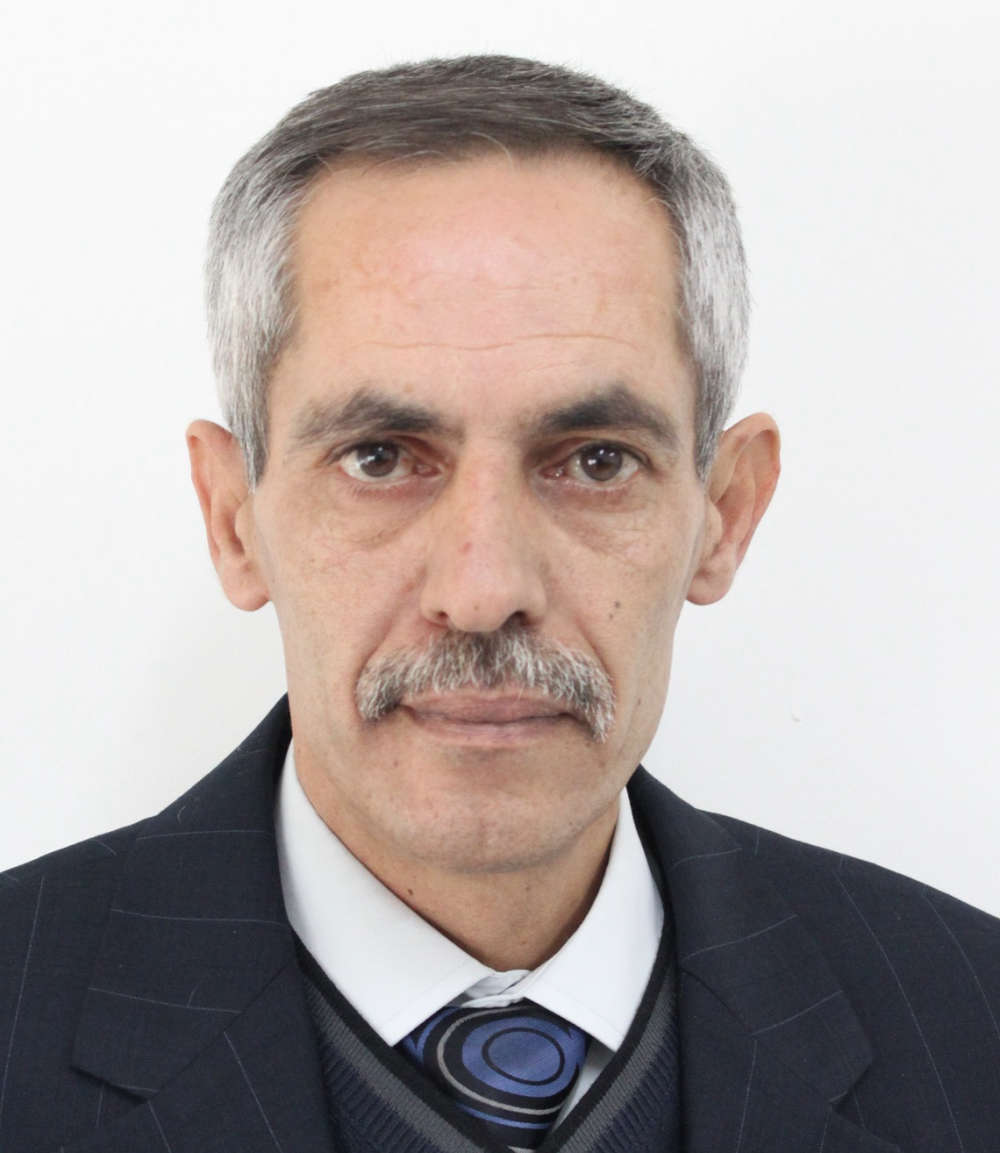Palestinians may rightfully argue that it is difficult for an occupied “state” to successfully implement the Sustainable Development Goals (SDGs) 2030. Thus, the Palestinian leadership decided to raise its voice in a plea: Do not leave Palestine behind.
Palestine is committed to working toward achieving the SDGs in spite of detrimental facts on the ground: the prolonged Israeli occupation, racial discrimination, and fragmented lives. Palestinians strongly believe in the 2030 global agenda, which asserts that all countries and stakeholders are resolved to free the human race from the tyranny of poverty and to heal and secure the planet. In light of such a commitment, Palestine looks forward to a global effort to end the Israeli occupation, and the Palestinian people are determined to take the urgently needed transformative steps towards sustainability and resilience.
Such an endeavor requires consideration of the Palestinian political, social, and economic context under occupation. At the end of 2016, Palestine’s entire estimated population of 4.8 million was affected by the situation, with 2 million in need of humanitarian aid and protection; in 2017, 47,000 people remain displaced as a result of Israeli military aggression against Gaza in 2014.* Israeli policies and violations of international law in the West Bank (particularly in Area C) and East Jerusalem have contributed to the creation of a coercive environment. This undermines the Palestinian physical presence in Area C (60 percent of the West Bank, which contains the majority of natural resources), and has triggered individual and mass forcible transfers. The United Nations Office for the Coordination of Humanitarian Affairs (OCHA) recorded 572 movement obstacles within the West Bank as of mid-December 2016.
In his January 2016 report, the UN Secretary-General stated, “Current Israeli practices related to the presence and expansion of settlements … continue to have a profound impact on land and housing rights, the right to water and sanitation, and freedom of movement, and result in restrictions on the right to education.” Under such circumstances, the government of Palestine has developed the National Policy Agenda 2017–2022 that incorporates sectoral strategies while taking into consideration the SDG targets applicable to the Palestinian context.
The Ministry of Social Development is mandated to lead and coordinate the implementation of SDG 1, which aims to end poverty. This takes into account its interrelation with other goals that are geared towards social development, mainly the SDGs 2, 3, 4, 5, and 10. Thus, the Social Development Sector Strategy 2017–2022 tackles the issues of poverty, vulnerability, and social exclusion to foster social cohesion in Palestinian society. With the Palestinian Central Bureau of Statistics, it is in the process of developing a multidimensional poverty assessment. Based on the results, and in cooperation with its partners (including line ministries, civil society organizations, and the private sector), it will follow a strategy that aims to propose transformative social measures to protect and empower the poorest and most vulnerable groups (e.g.: children, women, youth, people with disabilities, the elderly).
Palestinians look forward to life without poverty, hunger, violence, and a brutal military occupation. Palestine seeks the support of the international community to proceed with the SDGs on three levels: mainstreaming, acceleration, and policy support.
Not forgetting lessons learned from the era of the 2015 Millennium Development Goals, the government of Palestine embedded the SDG targets within the existing national framework of planning, rather than dealing with them in a separate structure. Each sector strategy reflects the relevant SDGs in its strategic goals and policy interventions, which in total and across all sectors amounts to 70 targets that, together with their associated indicators, should be developed and localized during the period 2017–2022.
People are one of the five critical important pillars for sustaining the well-being of humanity and the planet. Ending poverty and hunger in all their forms and dimensions ensures that all human beings can fulfill their potential in dignity and equality within a healthy environment.


